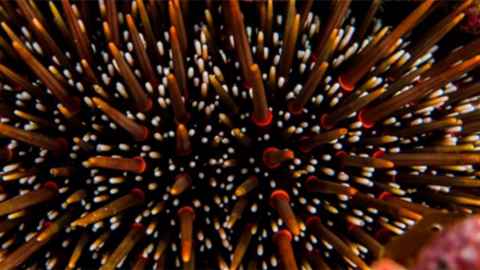Taking care of our coasts
4 October 2016
A vital ecological component of New Zealand’s coastline is under pressure. Human activities both onshore and off are degrading and destroying New Zealand’s once thriving shellfish beds.

Thanks to a generous donation from the McCrae family, the Institute of Marine Science at the University of Auckland has embarked on a project which aims to restore shellfish beds around New Zealand’s coasts in order to gain a better understanding of how they benefit the marine environment.
The $200,000 funding has enabled the team at the Institute of Marine Science to make real and tangible restoration efforts. Known benefits of shellfish beds include filtering sediments from seawater, providing juvenile fish nurseries, stabilising the seabed and greatly advancing biodiversity. Yet regardless of their advantages, active restoration of coastal ecosystems is fairly limited, both nationally and globally.
Support from the McCrae family has helped the Institute to take significant steps in the right direction. So far research is progressing well, with student Nichols Lao identifying local sources of most of the major seaweeds.
These seaweeds are significant as they act as a settlement and nursery structure for the early stages of mussels. He is now experimenting with transplanting the seaweeds from one location to another, with the goal of transplanting them into restored mussel beds, and thereby providing an ongoing nursery for recruiting mussels.
By bringing together high-quality science and community initiatives, Simon believes that their work will transform current international best practice and empower New Zealanders to become global leaders in community-led marine restoration.
New Zealanders recognise there is a problem but don’t know how to tackle it. We want to change that.
Can we restore our unique natural environment?
Can we work together to give future generations richer, healthier and more uniquely New Zealand surroundings?